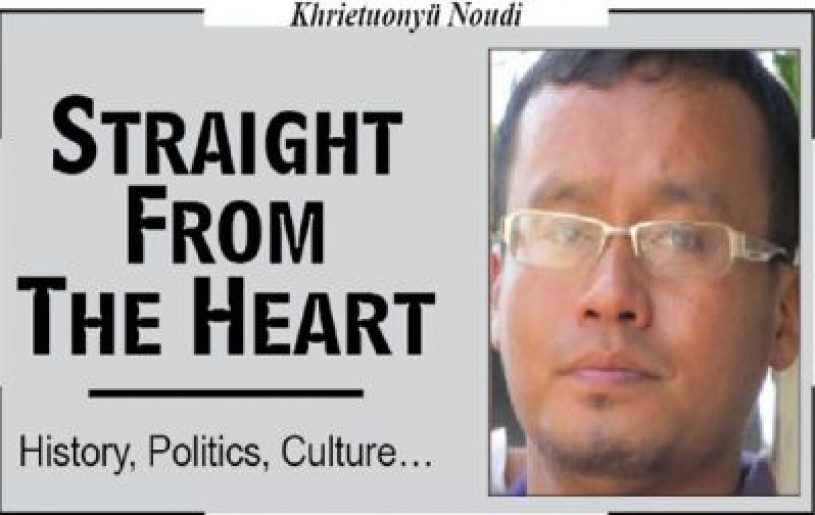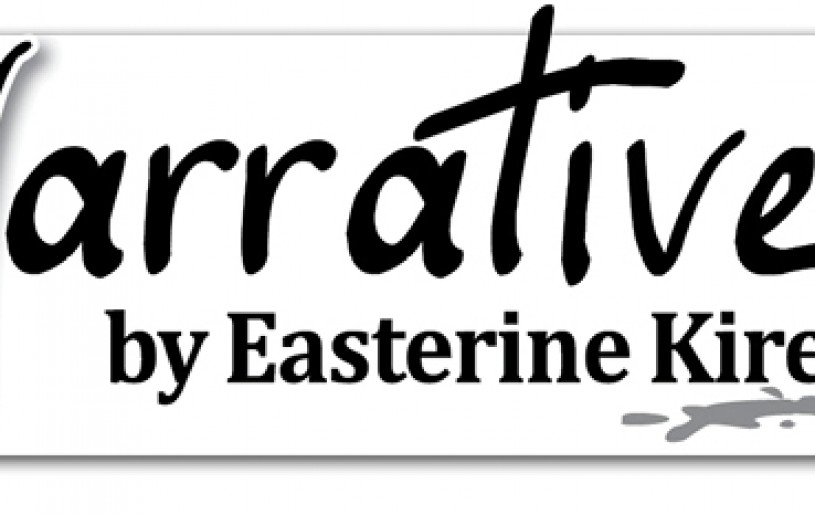
Our Naga men’s position in regard to the Women Reservation (WR) is based on tradition of the past, not on logic or rationality of modern time; whereas our women’s position is based on social justice, which in turned is based on logic and our society’s need to change in keeping with modern time. As such, both positions have some merits as well as some demerits.
Since our differences in perspective in regard to the make-up of our Urban Local Bodies (ULB) are basically a matter of structural form or numerical system (which falls under a category called “non-absolutes”), it would be, therefore, uncivilized and unchristian to turn it into a real “personal battle” between the two sexes. After all, our men understand that our women’s fight for the WR is not out of hate. Likewise, our women too know that our men are not misogynists, hating women for who they are or taking them as an inferior class. The fact that men do welcome their female counterparts to contest in the elections in the same manner as the men do is what they understand as fairness or equal opportunity. But in another sense, our men are, in all likelihood, still battling with their own self-identity (partly male ego and partly self-interest), which our Naga customary practices have helped to boost, whether originally intended or not. On the other hand, we menfolk may not simply use our customary practices, or Article 371A, as a cover to hide our own self-interest. If we are to be truly consistent in using our customary law as a basis for choosing our leaders, doesn’t it make more sense to defend it in its entirety? In such a case, we have to be willing to demonstrate our consistency by insisting the following: (1) that only matured male elders will be considered eligible for leadership positions, (2) that nomination will be the only approved method, and (3) we will return to the Sovereign Village Republic system of our ancestors.
Election in municipalities and towns is a modern development. As a matter of fact, the whole system of our Municipal Election, including the Indian General Election, is part of the modern democratic system. So, if we are to be all-out defenders of the Naga customary practices, we must reject the entire alien system of election, whether of men or women. Or, if at all any deviation deserves punishment, it is the purchase of leadership positions with money because such a thing has more serious negative consequences. In other words, we men cannot just perpetually protect what serves our own self-interest but vehemently oppose what doesn’t. That’s not how a just and compassionate society operates.
Our elected representatives have missed two opportunities when it comes to handling the problem of the male-female disparity in our decision-making bodies. First, they could have resolved this issue from growing into a huge problem by exercising foresight a long time ago. Instead, they continued ignoring the women’s social concerns, which resulted in forcing the latter to appeal to the Supreme Court for resolution. Thus, the Court decision was brought from without to impose upon the people within. Second, our elected representatives had another opportunity to step into the recent situation by providing a détente, so as to create more space for dialogue and more time for tension to subside. Instead, the Naga People’s Front (NPF) reversed its position by supporting the women and going against the male-led civil societies. What the NPF did may be legally justifiable, but in doing so it has ignored the socio-traditional component of the Naga people. Simply put, the NPF has wrongly handled the process by hastily trying to push the WR/ULB Election when our social equilibrium was at its worst.
So, why is the NPF pushing the Municipal Election so hard now? I seriously doubt that it is because our politicians have suddenly come to care about the rights of our Naga women. My suspicion is this: They seem to see in the WR issue an opportunity to spread their Party’s tentacles further so as to take control of the municipalities and towns, in addition to gaining more Central funds.
Frankly, I dread of a day when the Indian national parties could use our State political parties to take away even the little semblance of self-government left in our small towns and villages--- all because of our love of Indian money and political power. If that were to happen, who’s to be blamed? Certainly, not our civil society leaders! And I doubt our women could be blamed either. What, then, should be our responses at this juncture?
First, the Government would do well to postpone the Municipal Election in light of the uncompromising postures adopted by the various groups amongst us and the heated-environment we have found ourselves in. This, however, doesn’t mean that our Government still has the freedom to ignore the implementation of the 33% WR, as it is now under Court order to obey the Constitutional rule of law.
Second, it would seem wise for our women to take a step back, too, at this point of time. If winning the WR battle today is going to end up with losing the men, they better think twice. Perhaps, it’s worth even considering changing tactics. For example: What about putting the same efforts towards cleaning the election system and contesting even in the upcoming General Election in 2018? This is an upgrade to be envied, which is widely open to all.
Lastly, are we men aware that the entire world is watching how we are acting towards our women? For every word and action of ours, good or bad, we can be sure that our daughters and granddaughters will someday form their own opinion about each one of us. Are we preparing ourselves to be remembered well? Don’t we wish to leave no “dark stain” on our name in the records of history? Or, are we simply going along with the flow because it is the popular thing to do in our Naga society today?






